All Stories
-
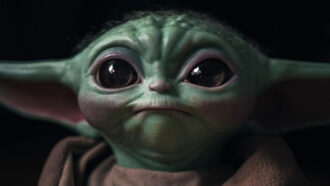 Animals
AnimalsHow can Baby Yoda be 50 years old?
Animals with wings, big bodies or other protections from predators are more likely to evolve long lifespans.
-
 Chemistry
ChemistryScientists Say: Rubisco
Rubisco is a key protein in the process of photosynthesis, which feeds plants — and, in turn, us.
-
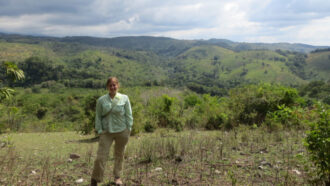 Animals
AnimalsA love of small mammals drives this scientist
Alexis Mychajliw’s science is driven by her love of animals. She now looks to tar pits and fossilized poop to understand ancient ecosystems.
-
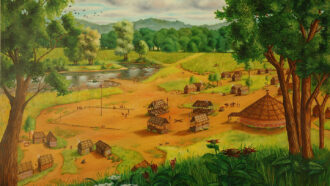 Archaeology
ArchaeologyAmerican democracy arrived long before Columbus did
Indigenous peoples of the Americas developed self-rule long before the pilgrims arrived or the U.S. Constitution was written.
By Bruce Bower -
 Computing
ComputingSleep helps AI models learn new things without forgetting old ones
Breaks in training meant to mimic human sleep helped artificial intelligence learn multiple tasks.
-
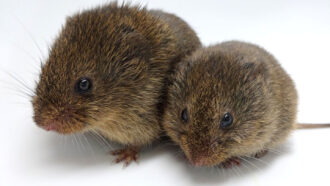 Animals
AnimalsPrairie voles can couple up even without the ‘love hormone’
Scientists thought the chemical oxytocin was required to make prairie voles mate. They were wrong.
-
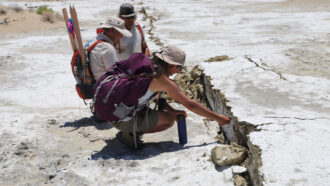 Earth
EarthScientists Say: Seismology
Seismology is the branch of science focused on seismic waves — vibrations that run through or around Earth.
-
 Health & Medicine
Health & MedicineExplainer: Why it’s easier to get sick in the winter
Low humidity helps viruses survive, and cold weather blunts some of the body’s immune responses — making colds and other viral infections more likely.
-
 Physics
PhysicsExplainer: Kinetic and potential energy
Kinetic energy depends on an object’s motion; potential energy hinges on its position. The relationship between the two sits in a special balance.
By Trisha Muro -
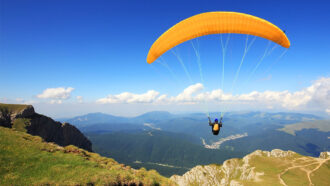 Physics
PhysicsDoes the size of a parachute matter?
How does a parachute work? Do bigger parachutes work better than smaller parachutes? Find out in this science project whether the size of the parachute matters.
-
 Tech
TechThink twice before using ChatGPT for help with homework
ChatGPT is a new AI tool that generates well-formed writing and code. Despite many benefits, it makes cheating easy and can supply bad information.
-
 Tech
TechNew robot can pick up a single drop of liquid
The new device, which looks like a pair of plastic pinchers, is the first to be able to pick up individual droplets of liquid.